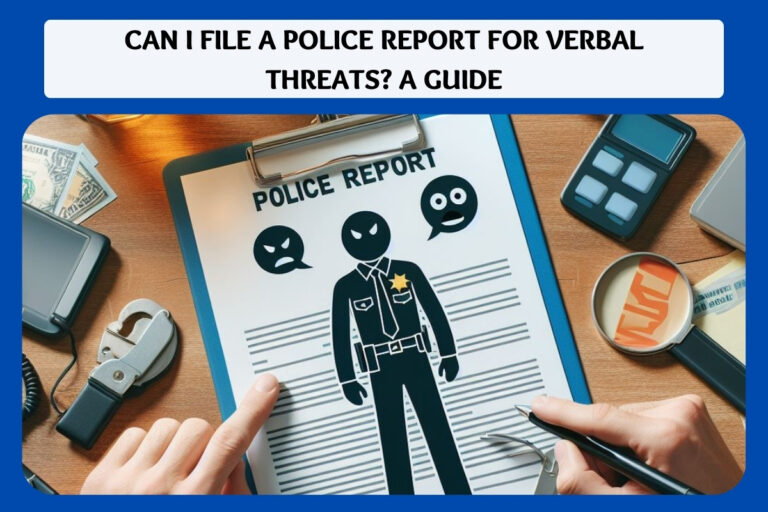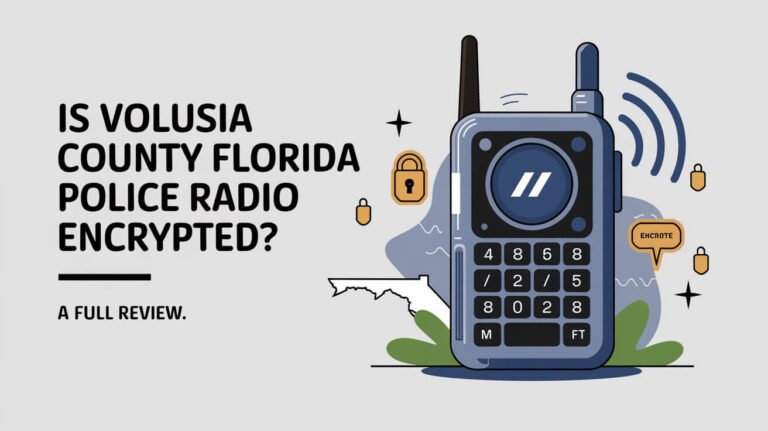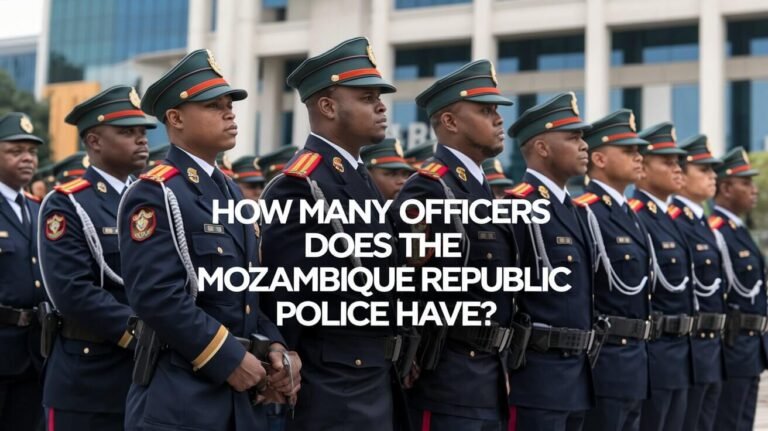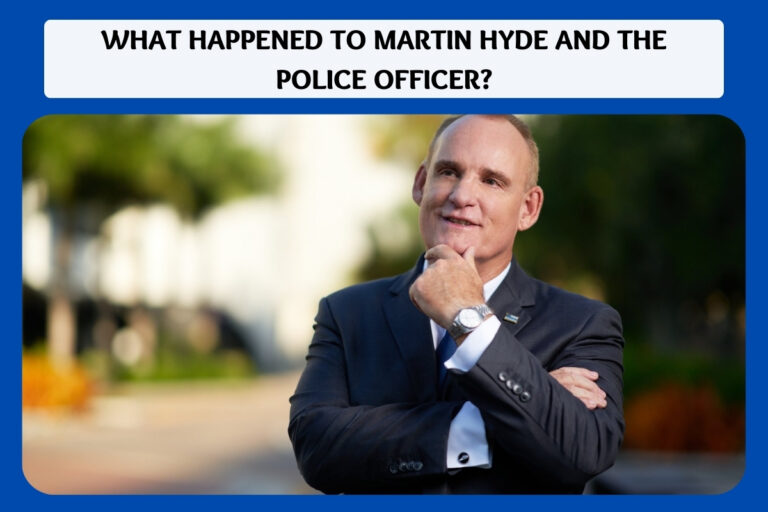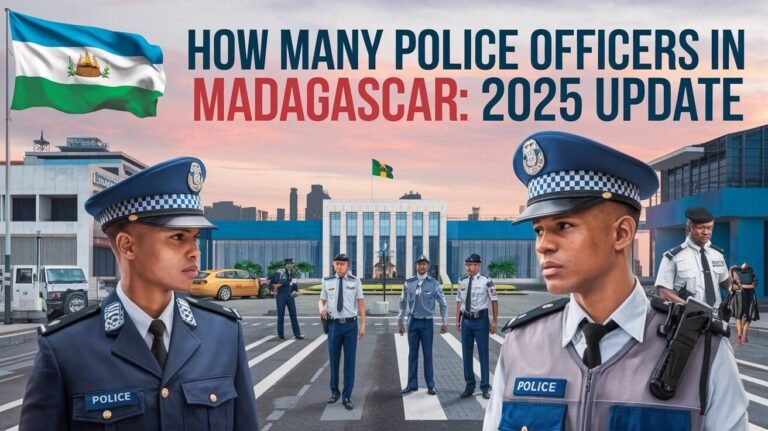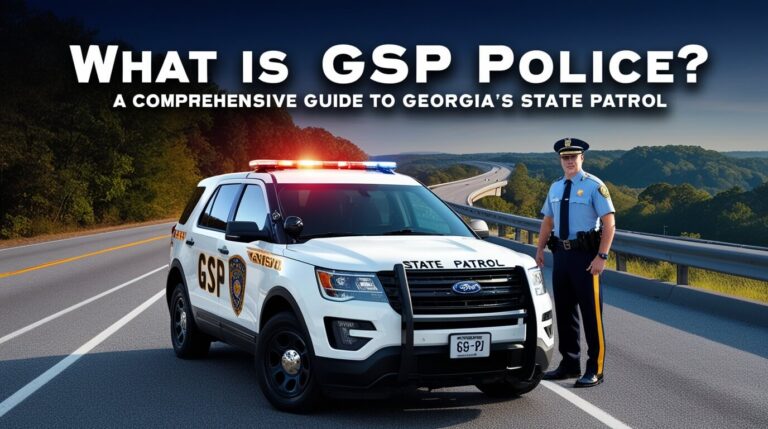Police Forced Entry for Welfare Checks: Rights and Realities
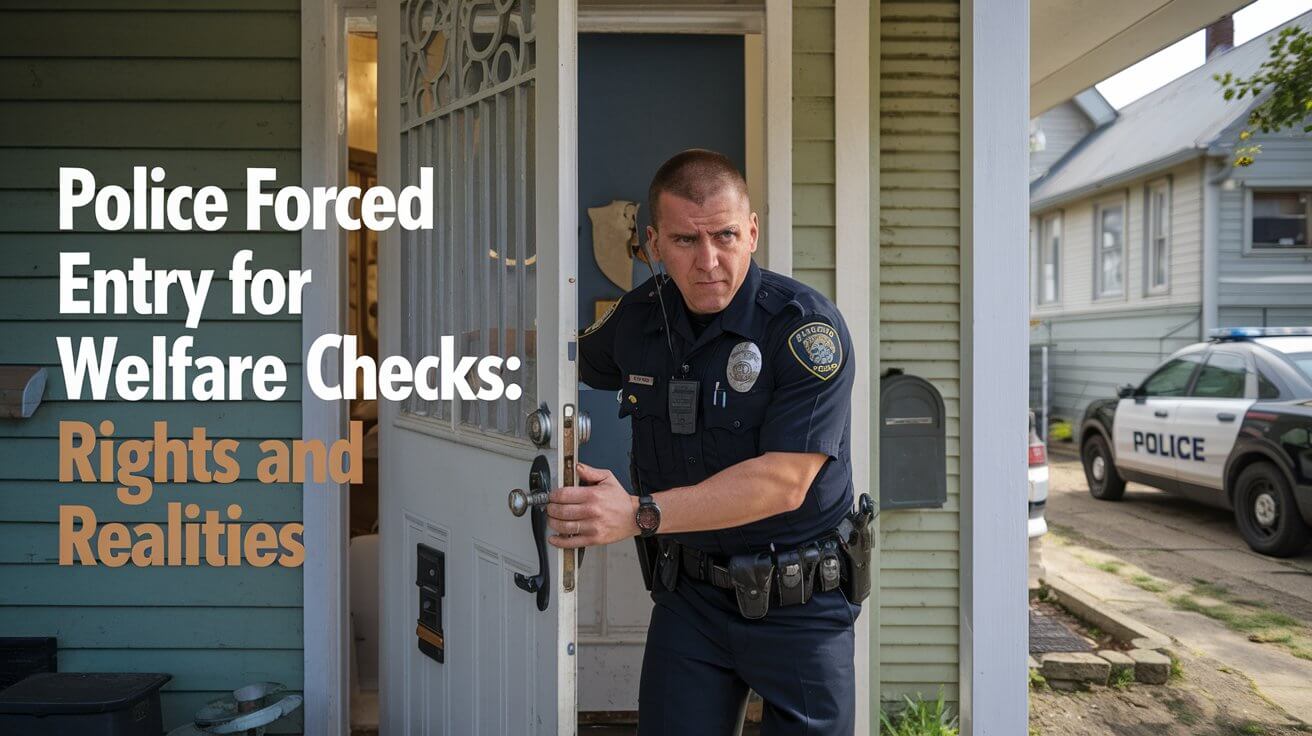
Police welfare checks are tricky. The law isn’t clear-cut on when cops can break in. It depends on the situation – is someone in danger? Do police have good reason to worry? This piece digs into police checks, your rights, and the rules that apply. We’ll untangle this often confusing topic.
What Is a Police Welfare Check?
A police welfare check, also known as a wellness check, is a service provided by law enforcement to ensure the safety and well-being of individuals who may be in danger or distress. These checks are typically requested by concerned family members, friends, or neighbors when they’re unable to contact or verify the status of someone they care about.
Definition and Purpose
Welfare checks serve as a crucial community service, allowing police to:
- Confirm the safety of individuals who may be at risk
- Provide immediate assistance in emergencies
- Connect people with necessary resources or support
Common Reasons for Welfare Checks
People request welfare checks for various reasons:
- Elderly relatives not answering phone calls
- Concerns about potential self-harm or suicide
- Suspicion of domestic violence
- Unexplained absence from work or school
- Worries about children’s safety
Legal Basis for Police Welfare Checks
The legal foundation for police welfare checks stems from a complex interplay of constitutional rights and public safety concerns.
Fourth Amendment Protections
The Fourth Amendment of the U.S. Constitution protects citizens against unreasonable searches and seizures. This protection extends to our homes, creating a barrier that law enforcement must respect.
The Community Caretaking Doctrine
Courts have recognized the “community caretaking” function of police, which allows officers to enter private property without a warrant in certain situations to protect or preserve life.
Exigent Circumstances
“Exigent circumstances” refer to emergency situations that may justify warrantless entry. These can include:
- Reasonable belief of imminent danger to life
- Risk of destruction of evidence
- Hot pursuit of a fleeing suspect
When Can Police Force Entry During a Welfare Check?
Police can force entry during a welfare check when specific conditions are met. Let’s explore these scenarios.
Reasonable Belief of Imminent Danger
If officers have a reasonable belief that someone inside is in immediate danger, they may force entry. This could include:
- Sounds of distress or violence from inside
- Strong odors suggesting a medical emergency or death
- Visual signs of a struggle or forced entry
Signs of Distress or Medical Emergency
Visible signs of distress or a potential medical emergency can justify forced entry:
- Unresponsive person visible through a window
- Calls for help from inside the home
- Signs of a fire or gas leak
Suspected Child Abuse or Neglect
When there’s suspicion of child abuse or neglect, police may have more latitude to enter a home:
- Reports of a child left alone for extended periods
- Visible signs of injury on a child
- Credible reports of ongoing abuse
Steps in a Typical Police Welfare Check
Understanding the process of a welfare check can help alleviate concerns and set expectations.
Initial Contact and Attempts to Communicate
Officers typically begin by:
- Knocking on the door
- Announcing their presence
- Attempting to make contact with occupants
Assessing the Situation from Outside
Before considering entry, police will:
- Look for signs of distress or danger
- Attempt to gather information from neighbors
- Check for unusual smells or sounds
Decision to Enter: Forced vs. Consensual
If no one responds, officers must decide whether to:
- Leave if there’s no evidence of danger
- Request permission to enter if contact is made
- Force entry if they believe it’s necessary
Your Rights During a Police Welfare Check
Knowing your rights can help you navigate a welfare check situation more effectively.
Right to Refuse Entry
You have the right to refuse entry to police conducting a welfare check if:
- You’re able to communicate with them
- There’s no visible emergency or probable cause
Consequences of Refusing Entry
While you can refuse entry, be aware that:
- Refusal may increase suspicion
- Officers may seek a warrant if concerns persist
- In emergencies, they may still enter without consent
How to Safely Interact with Officers
If police conduct a welfare check:
- Remain calm and polite
- Explain your situation clearly
- Ask for identification if unsure
Controversial Aspects of Forced Entry Welfare Checks
While welfare checks can save lives, they’re not without controversy.
Potential for Misuse or Abuse
Concerns include:
- False reports leading to unnecessary intrusions
- Potential property damage from forced entry
- Privacy violations
Racial and Socioeconomic Disparities
Studies suggest that welfare checks may disproportionately affect:
- Communities of color
- Low-income neighborhoods
- People with mental health issues
Mental Health Concerns and Police Interactions
There’s growing awareness about:
- Risks of escalation during mental health crises
- Need for specialized training for officers
- Alternatives to police response for mental health calls
Alternatives to Police-Led Welfare Checks
As concerns about police-led welfare checks grow, communities are exploring alternatives.
Community-Based Crisis Response Teams
Some cities are implementing:
- Teams of mental health professionals and social workers
- Non-police responders for non-violent situations
- Community outreach programs
Mental Health Professional Partnerships
Innovations include:
- Co-response models pairing officers with mental health experts
- Crisis intervention training for police
- Direct referrals to mental health services
Family and Friend Check-Ins
Encouraging personal welfare checks can:
- Reduce need for police involvement
- Strengthen community bonds
- Provide more comfortable interventions for those in need
What Happens After a Forced Entry Welfare Check?
The aftermath of a forced entry welfare check can vary widely based on the situation.
Potential Outcomes and Next Steps
Possible scenarios include:
- Medical assistance if needed
- Mental health evaluations
- Child protective services involvement
- Property damage claims
Legal Implications for Police and Residents
Both parties should be aware of:
- Potential civil liability for unnecessary forced entry
- Rights to file complaints against police misconduct
- Protections for officers acting in good faith
Filing Complaints or Seeking Redress
If you believe your rights were violated:
- Document everything immediately
- File a formal complaint with the police department
- Consider consulting a civil rights attorney
Case Studies: Forced Entry Welfare Checks
Examining real-world examples can provide valuable insights into the complexities of welfare checks.
Successful Interventions
- Case 1: Elderly woman saved from medical emergency
- Case 2: Suicidal teenager received timely intervention
Controversial Incidents
- Incident 1: Wrongful death during welfare check gone wrong
- Incident 2: Privacy violation leads to lawsuit
Lessons Learned and Policy Changes
- Implementation of body cameras for all welfare checks
- Enhanced training on de-escalation techniques
- Creation of multi-disciplinary response teams
Best Practices for Requesting a Welfare Check
If you’re considering requesting a welfare check, follow these guidelines:
When to Call for a Check
- Genuine, immediate concern for someone’s safety
- Exhausted other means of contact
- Specific, articulable reasons for worry
Information to Provide to Authorities
Be prepared to share:
- Full name and description of the person
- Address and any access information
- Reason for concern and relevant background
- Any known medical conditions or risks
Following Up After the Check
- Request information about the outcome
- Offer additional support if needed
- Consider less intrusive check-ins for the future
The Future of Welfare Checks and Forced Entry
As society evolves, so too must our approach to welfare checks and forced entry.
Evolving Legal Interpretations
Courts continue to refine the balance between:
- Public safety needs
- Individual privacy rights
- Community expectations
Technological Innovations in Welfare Checks
Emerging technologies may offer new solutions:
- Smart home devices for remote wellness monitoring
- AI-powered risk assessment tools
- Non-invasive vital sign detection
Balancing Safety and Privacy Concerns
Future policies will need to address:
- Data privacy in digital welfare checks
- Consent and autonomy in monitoring systems
- Equitable access to new safety technologies
Conclusion
Police can sometimes enter homes without warrants for welfare checks, but this power has limits. The law tries to balance safety needs with privacy rights. Whether forced entry is legal depends on many factors, like how urgent the situation is.
As society changes, welfare checks may change too. It’s important for everyone to know their rights and duties. We should talk openly about how to keep people safe while respecting their privacy.
If you’re unsure about your rights during a welfare check, or think they’ve been violated, ask a lawyer for help. Your safety matters, but so do your legal rights. Stay informed and speak up about how we can care for each other while protecting freedoms.

